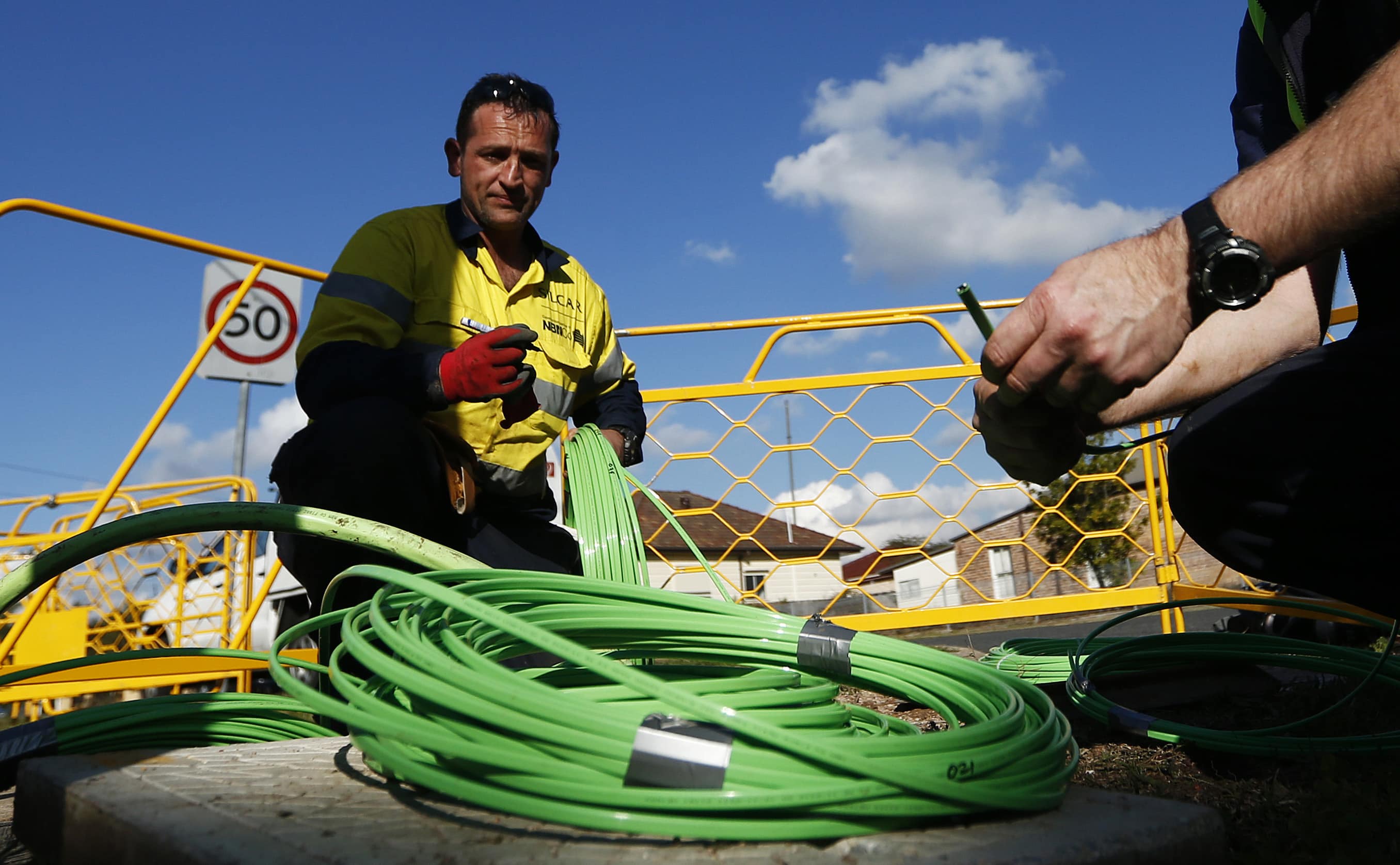Articles by Privacy International

East Timor takes on Australia over commercial spying allegations
In late 2013, the Australian intelligence services raided the offices of a lawyer representing East Timor in an international case against Australia. The case concerns allegations that Australia spied on East Timor’s cabinet during sensitive commercial negotiations over oil and gas revenues.

Transparency, independent media are vital for global development plan
195 civil society organisations from around the world have called on the UN to put government accountability and independent media at the centre of a new framework for global development.

“Squeaky Dolphin” for sale: How surveillance companies are targeting social networks
GCHQ and the NSA are conducting broad, real-time monitoring of YouTube, Facebook, and Blogger using a program called “Squeaky Dolphin”, which is shocking in its ability to intercept raw data and keep tabs on people across the world. Moreover, surveillance companies are marketing and selling similar services right off the shelf, giving willing governments anywhere the ability to monitor social networks.

NSA reforms ignore real problem and leave foreigners unprotected
Policymakers, including President Obama, constantly harp on about the so-called balance to be struck between privacy and security. Such arguments obscure the real issues, as they begin from the utterly incorrect premise that privacy and security are mutually exclusive. This could not be further from the truth.

Pakistan-based human rights group files complaint against UK over mass surveillance
Privacy International’s partner organisation, Bytes for All, has filed a complaint against the UK Government, decrying the human rights violations inherent in such extensive surveillance and demonstrating how the UK’s mass surveillance operations and its policies have a disproportionate impact on those who live outside the country.

Despite Australian government’s claims, privacy rights not insignificant
A 2008 memo, part of Edward Snowden’s cache of documents and published by “The Guardian”, confirms that personal data on Australians’ communications – the emails they send, the websites they visit, the sensitive and intimate details they share online – are being handed over en masse to a secret surveillance alliance tasked with analyzing it to draw out “patterns of life”.

German OECD National Contact Point unwilling to investigate role of German company in human rights violations in Bahrain
By failing to investigate the extent of the Trovicor company’s wrongdoing, the OECD is turning a blind eye to how German made surveillance technology is being used by the Bahraini government to target and suppress pro-democracy voices.

United Nations’ drones: A sign of what’s to come?
News that the United Nations is using drones (unmanned aerial vehicles) to collect information in the troubled east of the Democratic Republic of Congo illustrates the growing use – and acceptance – of surveillance technologies in humanitarian operations.
